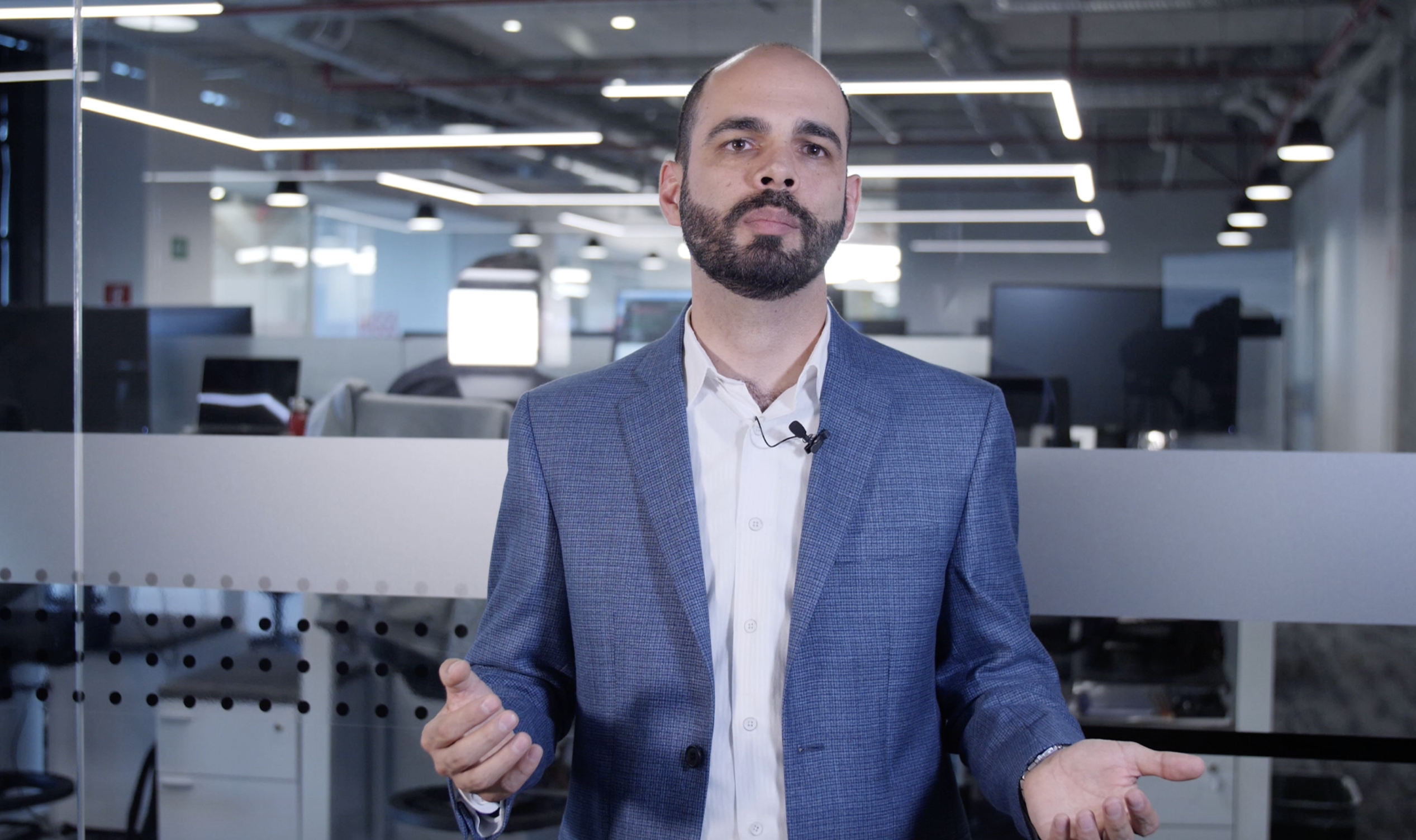Well, the media industry is beginning to mature. Or is it?
We are entering a new wave of mergers and acquisitions (M&A) in the media and entertainment (M&E) industry.
In recent history, most of the M&A focused on technology companies. That was a good thing, since many “companies” were really “features.” Many ad tech vendors could not operate at scale, and there were too many similar businesses to choose from. Consolidation reduced complexity.
M&A among media companies is going to give consumers fewer choices, which is never good.
Today, we see very mature businesses accelerating M&A. Media companies are in distress. They are either being sold to private equity firms (Verizon Media, Tribune), are being bought by each other (ViacomCBS part deux), forming third companies together (WarnerMedia/Discovery), or are currently being shopped (Singtel’s Amobee).
Leading up to this wave of M&A has been the transformation of consumer behavior toward “on-demand” viewing and engagement. There will absolutely continue to be “live” media events, like awards shows and big games (Oscars, Super Bowl, etc.), but this model is here to stay. COVID was an accelerant, not the cause.
Being stuck inside, people had more time to focus on media and entertainment. They discovered that they never want to go back to the old “broadcast” model as the predominant method for delivering content. They declared loudly and clearly that they want to be in charge of what they see, when, and how!
Now that consumers are in charge of what they want, when they want it, and how they want it, media companies are scrambling.
They are trying to ensure consumers can pay for the content they want, have the most engaging advertising experience, and download whatever content they want and access it on any device. The consumer is in charge of the media and entertainment they engage with — not the media companies.
We are not in Kansas anymore, Dorothy.
Truthfully, I think it’s too late for some media companies. In fact, according to EY, 45% of M&E executives, up from 8% in 2020, believe that, without reinvention, their companies will cease to exist in five years. All of the warning signs have been there for years — it’s all about the customer.
Without reinvention and customer-centricity, there’s always the option to get acquired by a larger entity. I’m sure there will be a resurgence or rebellion of smaller boutique media companies, like we’ve seen with consumers shopping more locally and organically, but megacorps will dominate the future media landscape.
Just like we saw in the 2010s with telecoms spending an astounding $1.5 trillion on M&A to consolidate giants like Verizon and Vodafone as well as T-Mobile and AT&T, soon there are going to be a couple of “big box” media companies, and then all the others.
Facebook and Google put a hurtin’ on media companies a decade ago. Even then, there wasn’t much behavior change by then-current media companies. If media companies are okay with being further disrupted by players such as Roku, Netflix, TikTok, and others, that’s fine. But all is not lost.
There are some very simple and cost-effective ways that media companies may be able to weather the storm, if not get acquired. And even if acquired, be a great target. To sum up:
- Put the user/customer/audience first. Give them the product they want, not the product you think they want.
- Serve the customer. Create an ongoing dialog with them. Remember – it costs three to four times more to get a new customer than to keep an existing one.
- Clean house if necessary. Get people with the right skills, clean data, integrate systems and automate whatever is humanly possible. This way, it’s much easier to focus on number one and number two.
This article originally appeared in AdExchanger on Friday, June 4, 2021





